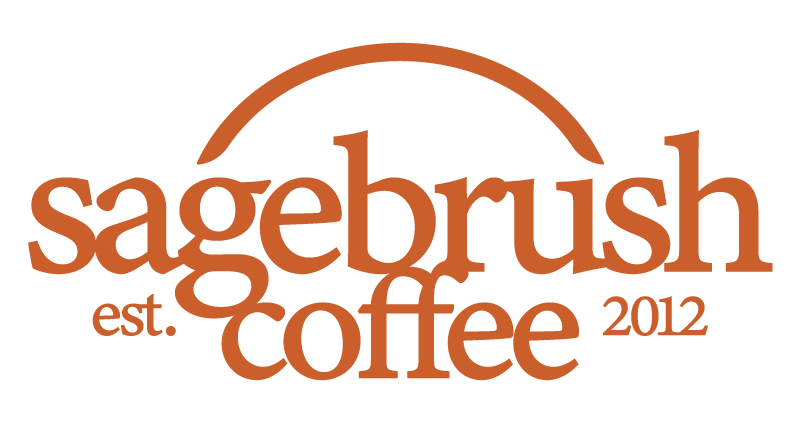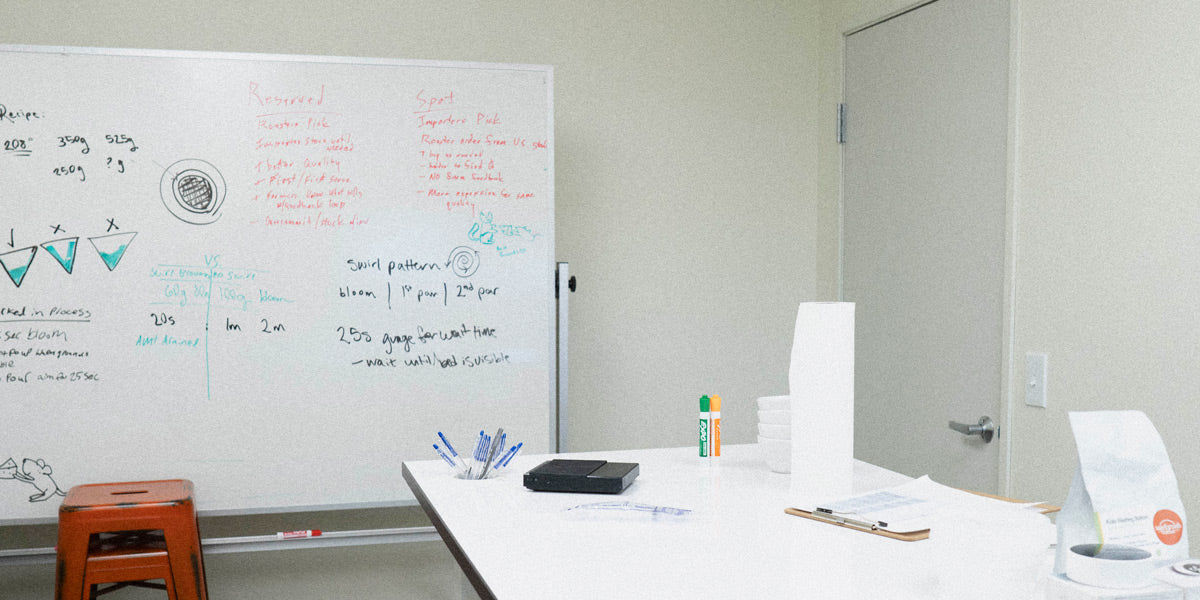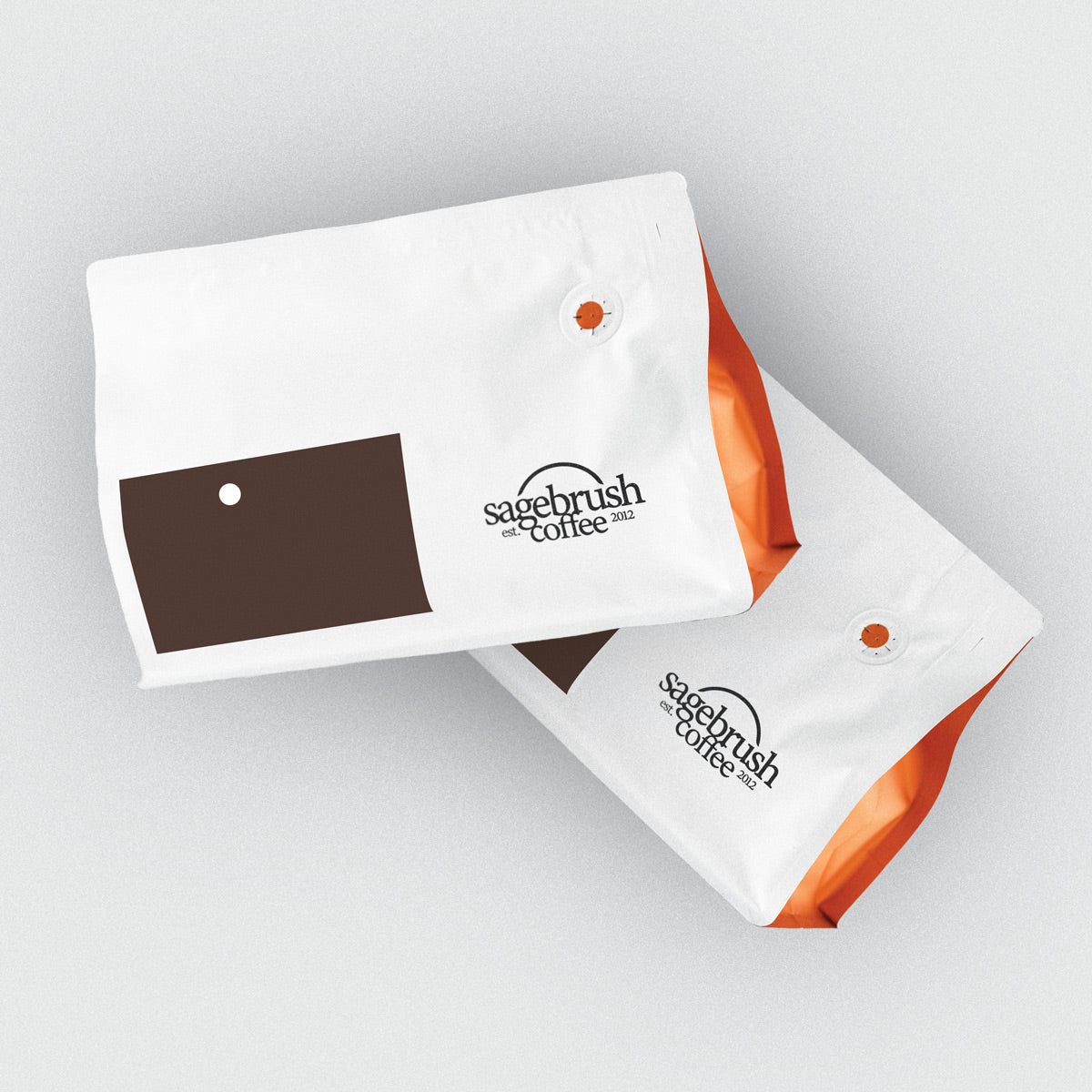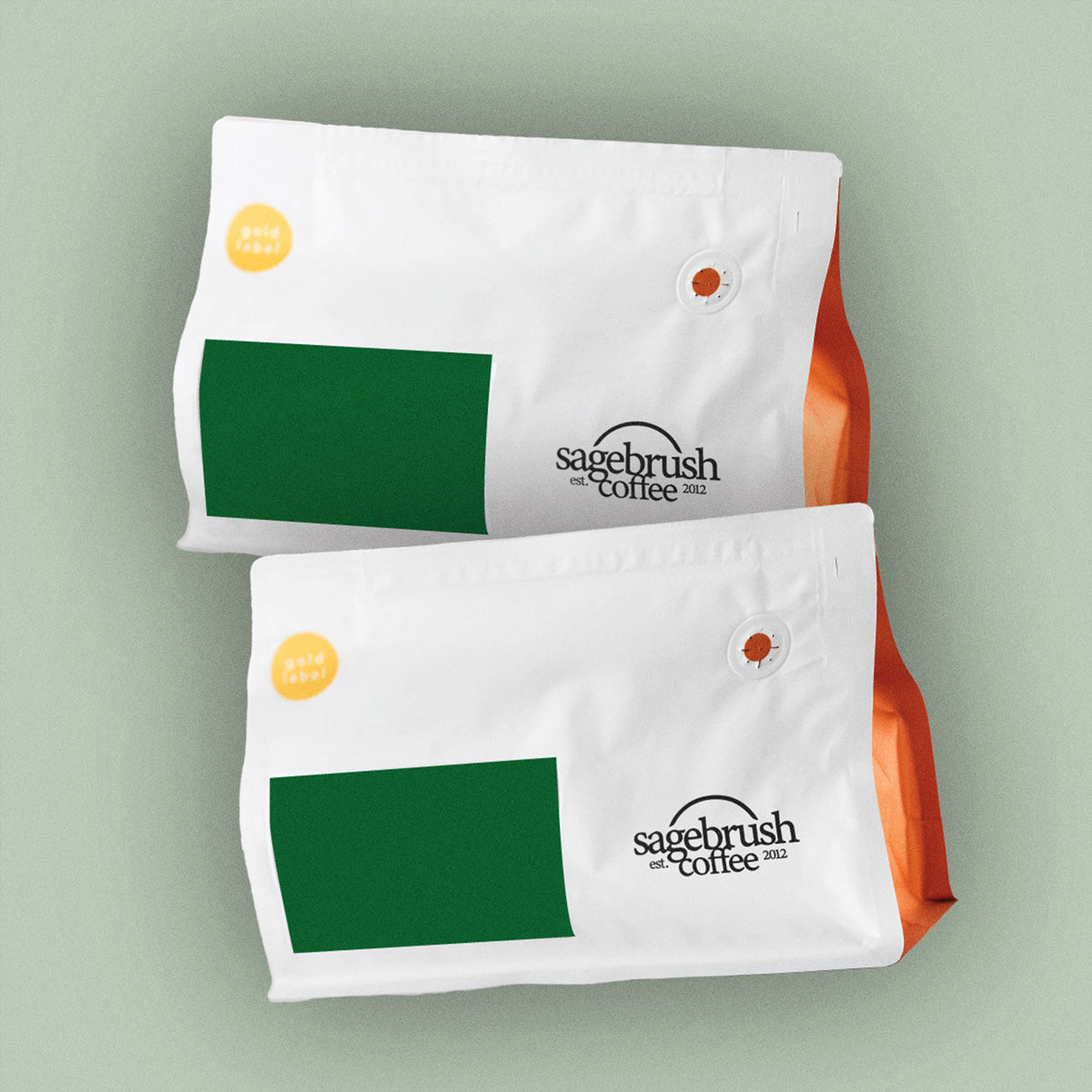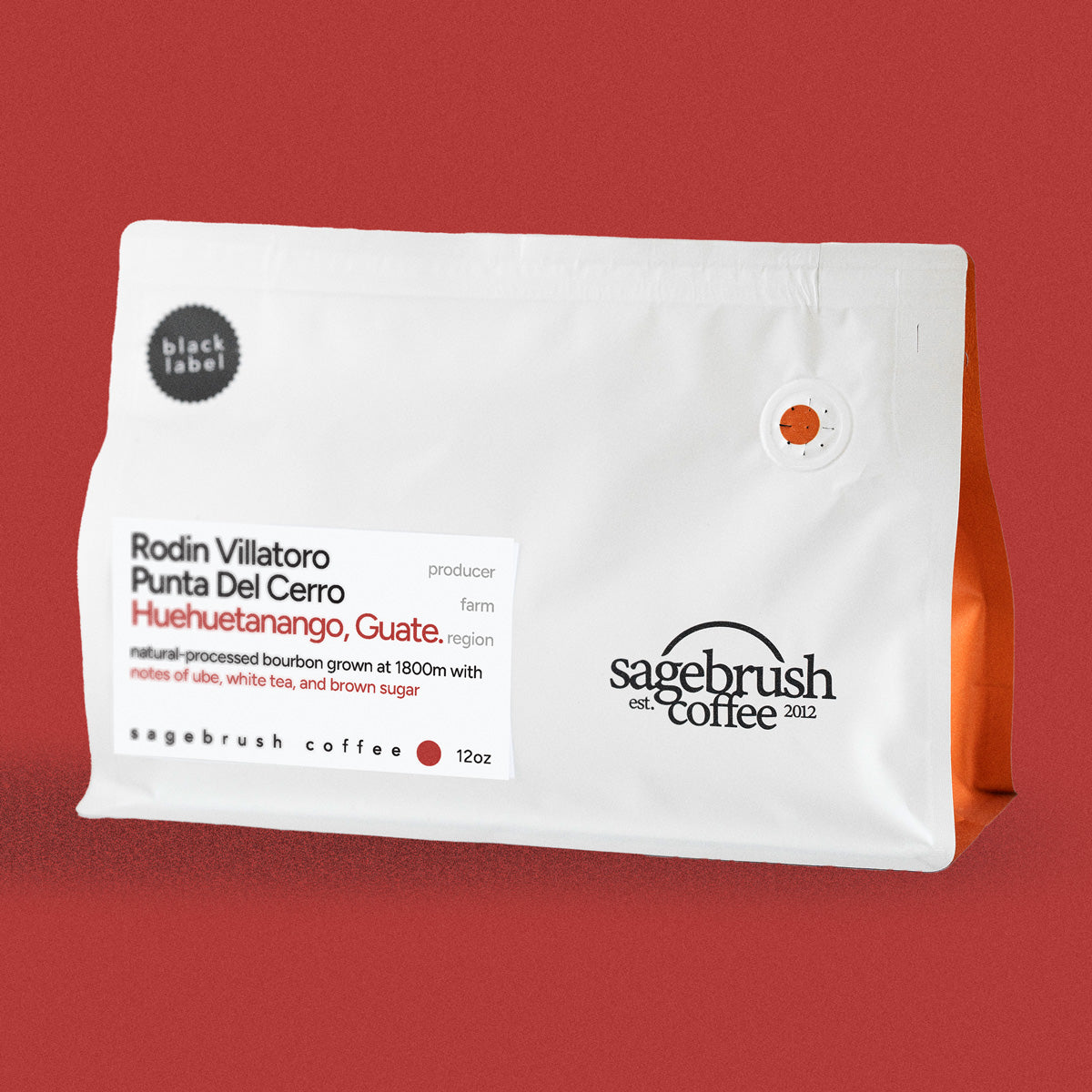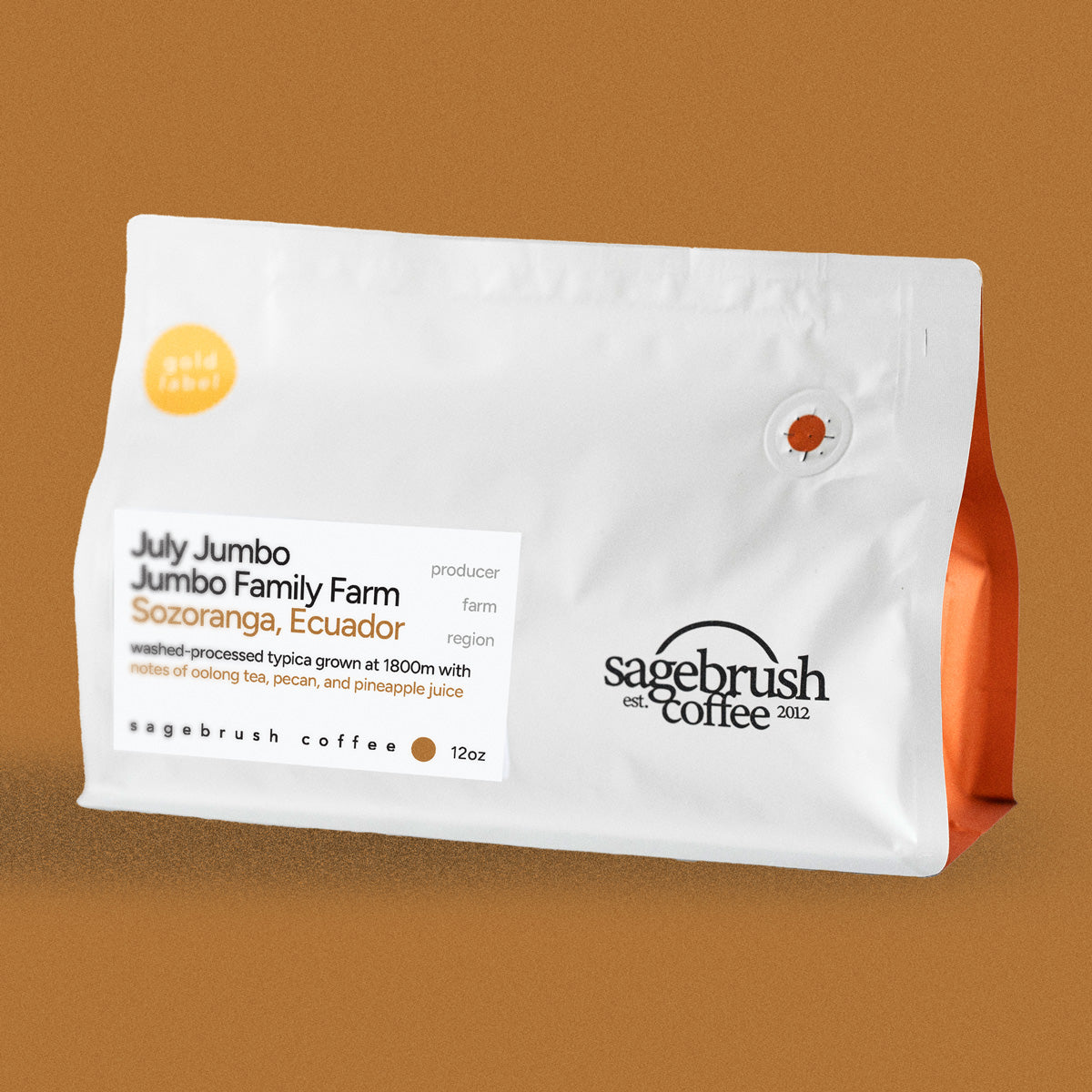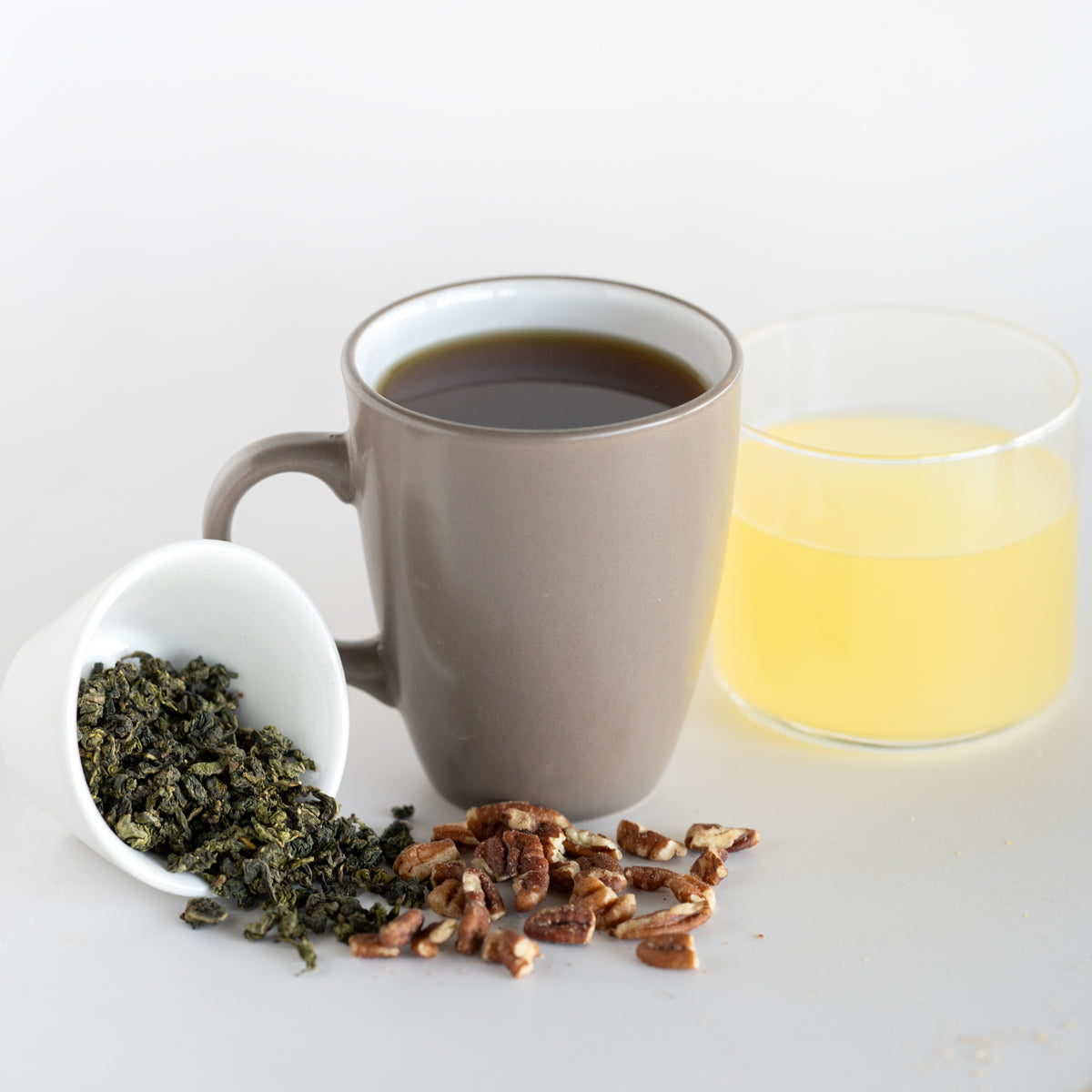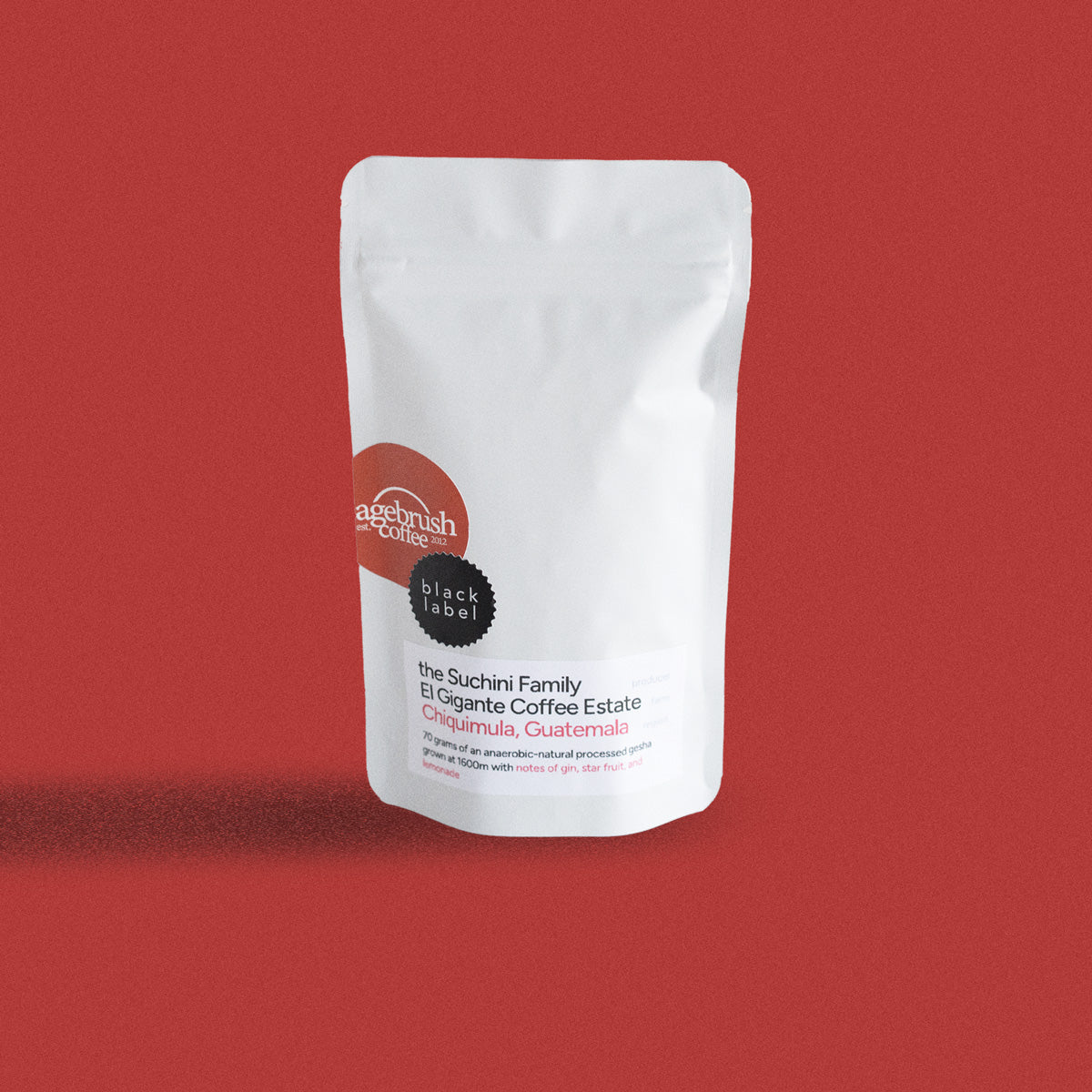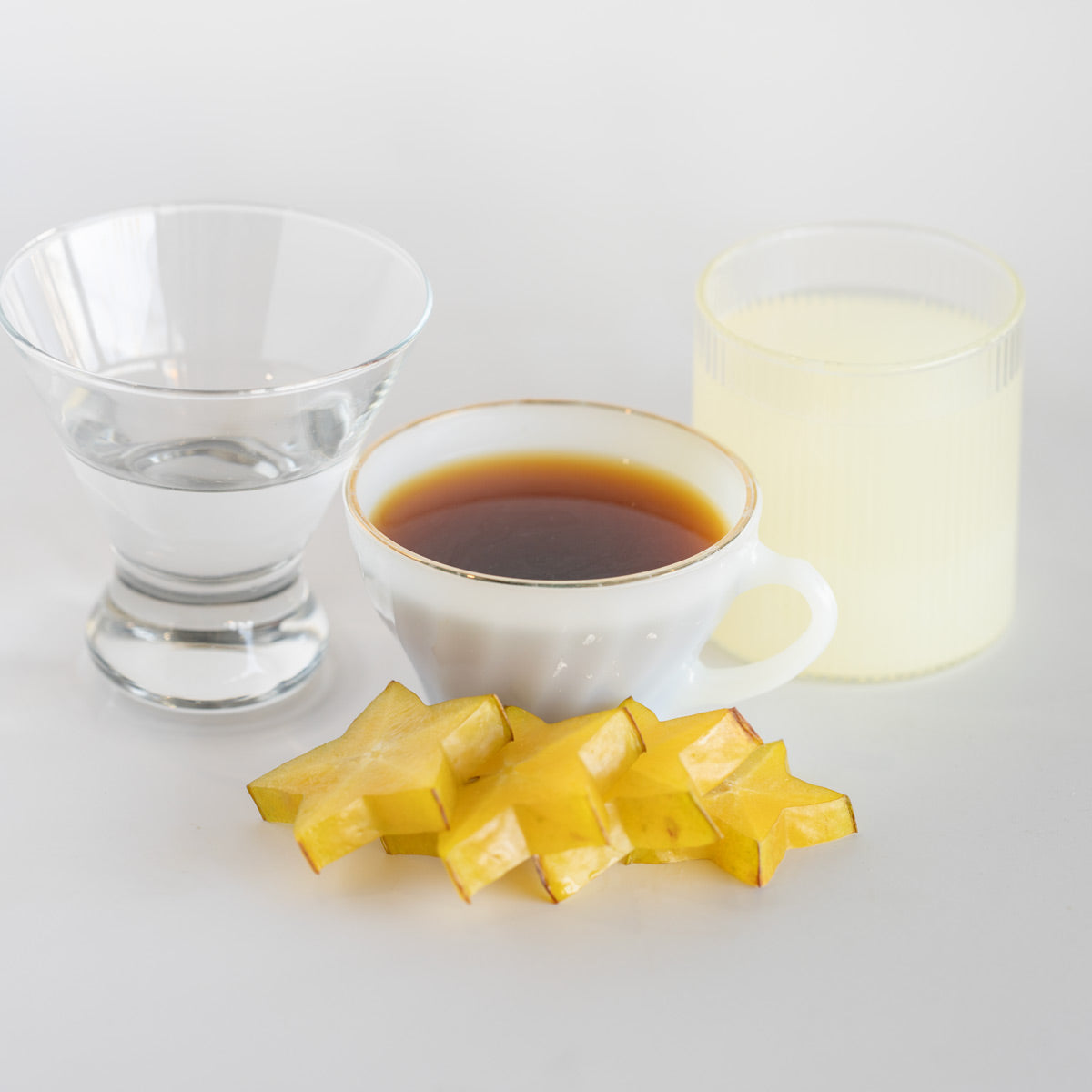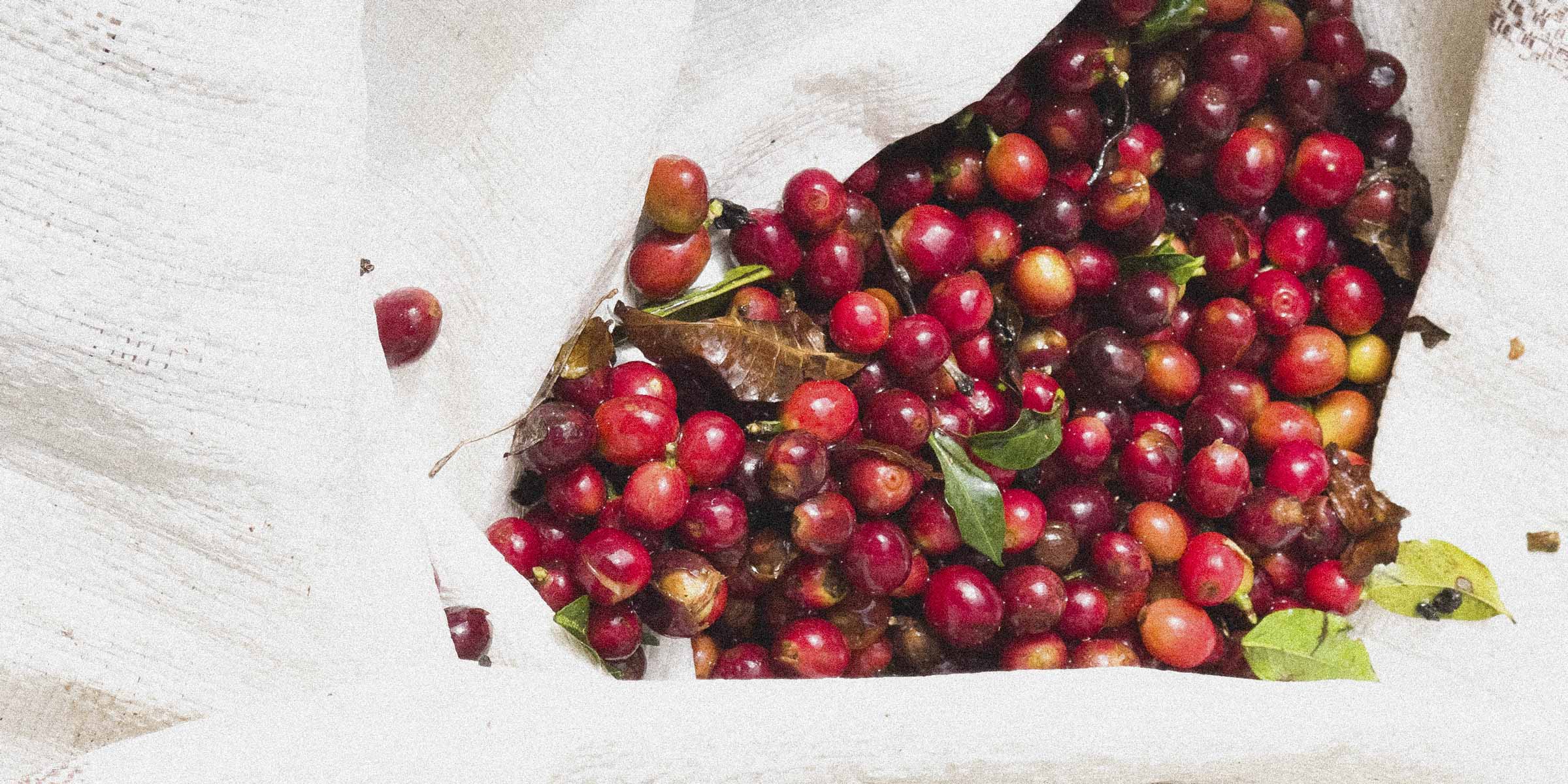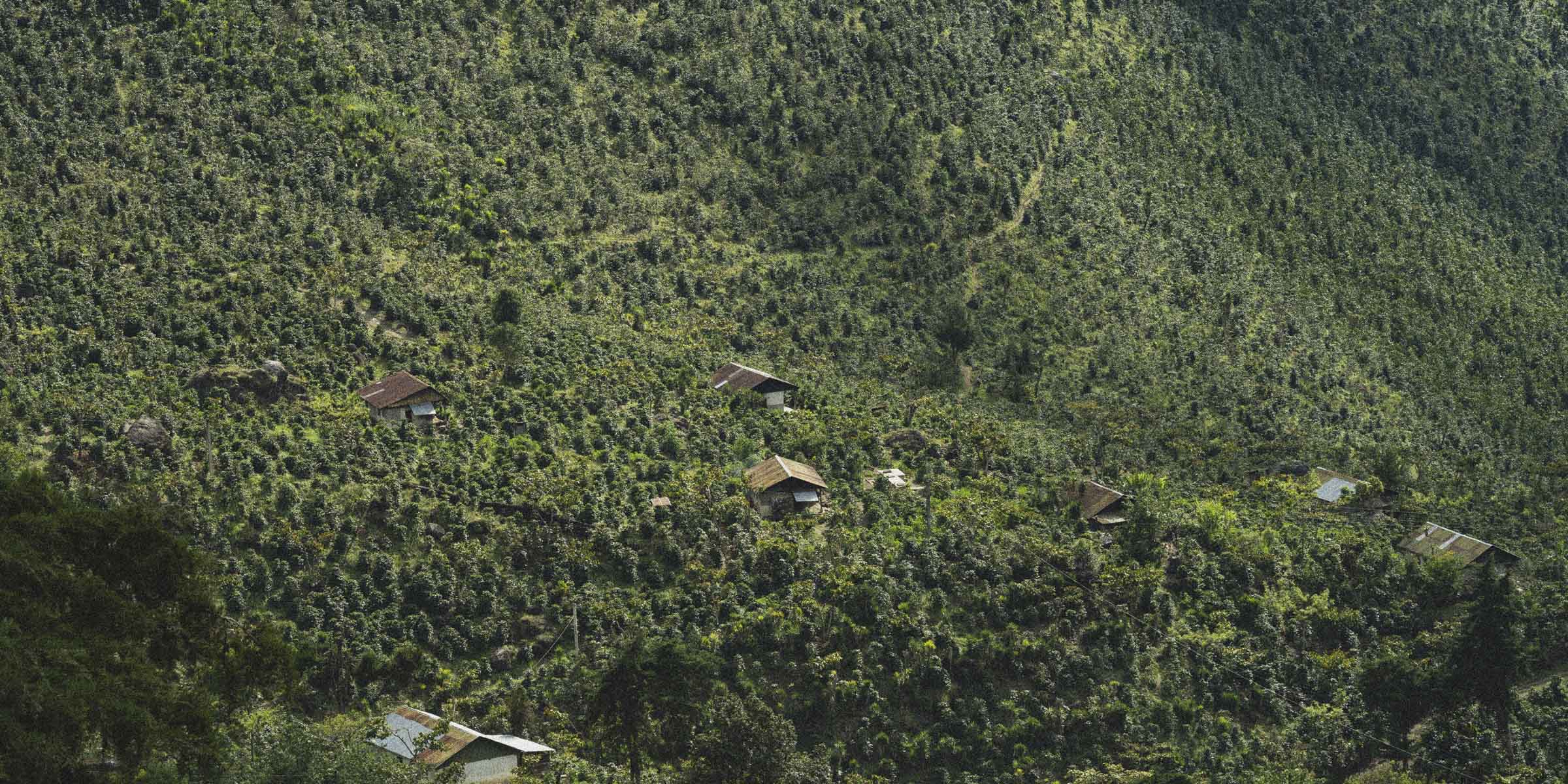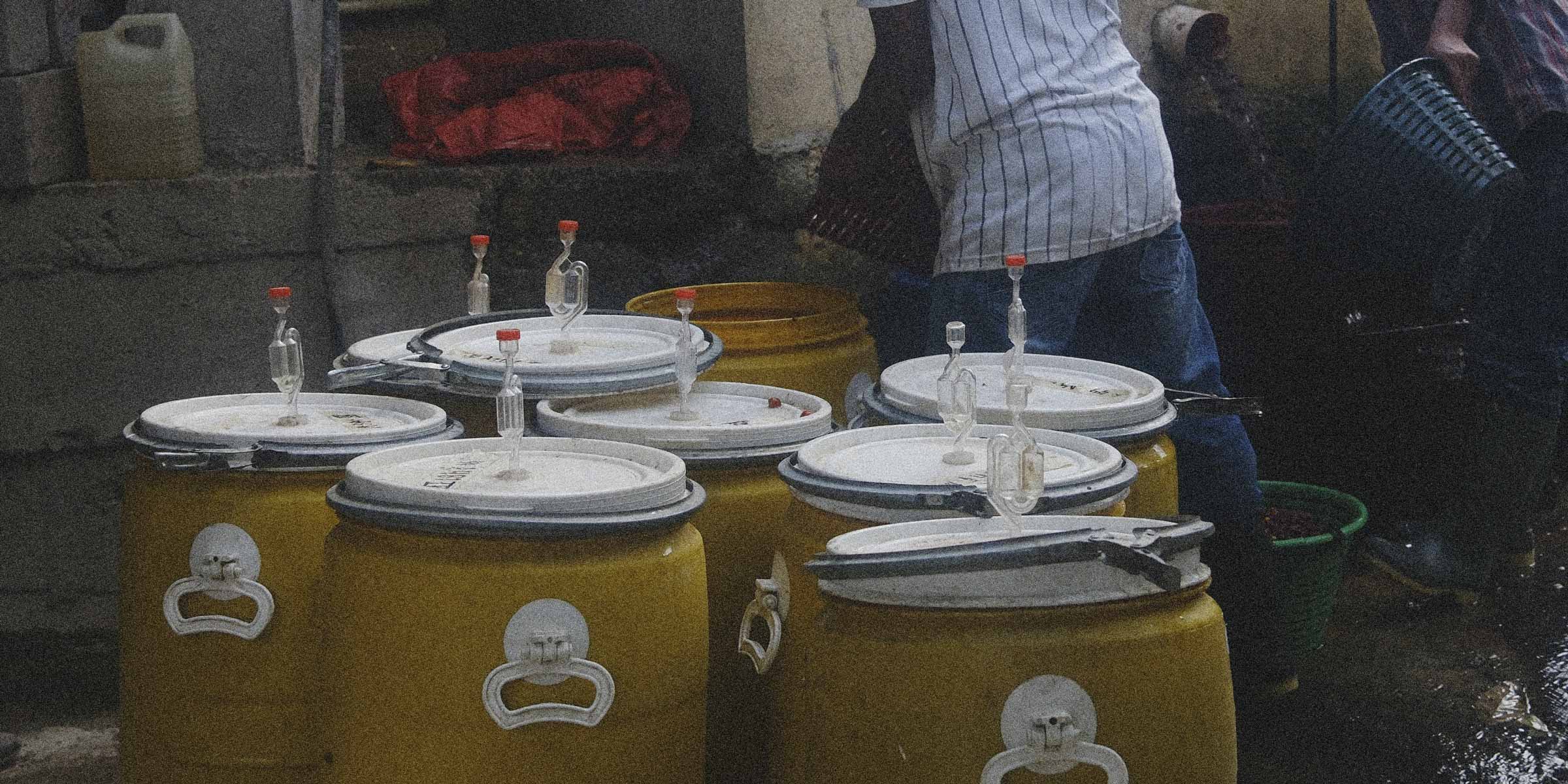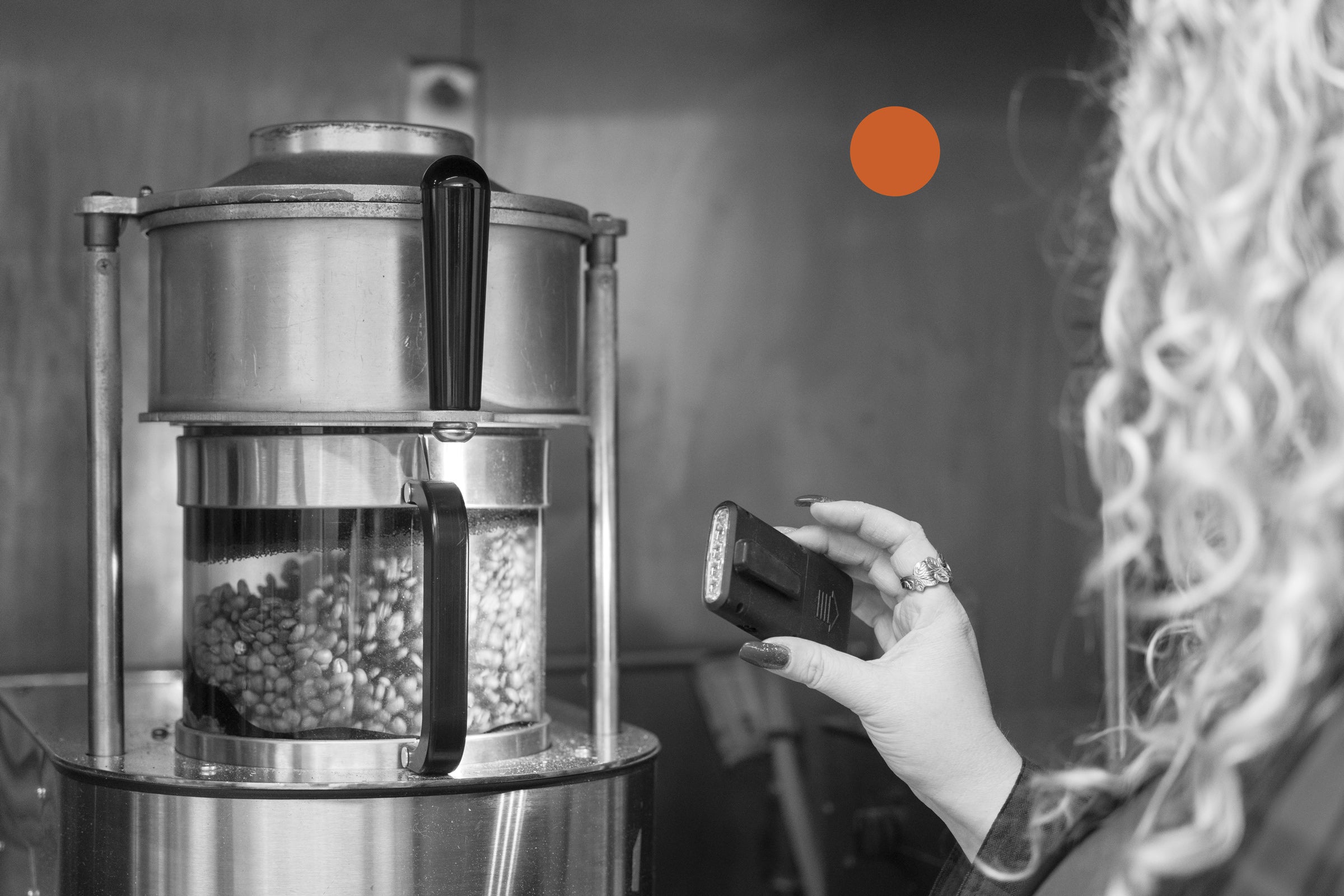The coffee beans here at Sagebrush come in many different shapes and sizes from all around the world. We are proud of the diversity of our coffees and are always looking to add new great-tasting and unique flavors to the site. Premium grade coffee beans can be found through many different avenues, and the topic of certifications inevitably comes up at some point. You might have heard of Direct or Fair-Trade coffee before, but there is another one that might be a little lesser known than others. The Rainforest Alliance (RFA) is a non-profit organization with a different kind of certification process and goal when it comes to their seal of approval.
The RFA started in 1987 in New York as a non-profit organization that wanted to take a different approach to certifying crops of all kinds. Their goal is to work with the farmers in two ways: to increase productivity so the farmer can continue to sell their product and to help the farm become self-sustaining to minimize the impact on the environment. Through this goal, the RFA intends to help the farmers maintain fair working conditions and wages as well as protect the environment.
So, what does it take to become RFA certified? In order to be certified, the farm must pass annual inspections that include economic, environmental, and social reviews. The RFA ensures the farm is paying their workers at least the local legal minimum wage and that all relevant workers are given proper training and equipment. Farmers are encouraged to use natural pest prevention methods, and some of the environmental standards the farm has to reach helps with pest prevention. Pesticide use is strictly allowed as a last resort, and only a minimal number of low impact pesticides can be used. RFA certification requires that any workers using pesticides must have proper safety equipment and be appropriately trained in handling the chemicals.
The environmental standards a farm must meet to achieve RFA certification is intended to help the farmer with all other aspects of the certification process. For coffee farms, RFA certification requires the farm to have at least twelve different species of native trees on the cultivated land, and the crop needs to have about 40% canopy coverage. The coffee plant in the wild grows with tree coverage and forest around it, so this regulation fits in with the more traditional coffee growth method. By requiring native plants to be present on the farms, the RFA encourages farmers to contribute to higher biodiversity in their area. The variety of of trees can also help bring in more birds, which can potentially be a more natural way to prevent pests like the coffee-berry borer beetle.
The RFA gives farms participating in the RFA certification process some knowledge and training to help make their farms sustainable and a pillar of their community. Most of the farms the RFA works with are very small and can immediately impact their local area. Through the rigorous certification process, RFA intends for each of the improvements to help another part of the cycle. In a perfect scenario, a farm would increase its biodiversity by planting and maintaining more natural trees. This tree growth would increase the amount of birds, which would help keep the pests down, which would help increase crop yield, which would give the farm more coffee to sell, which would help pay for the workers, which would be able to take care of more plants, and the cycle continues. On top of all that, the beans would sell with an additional premium since the farm would be able to market with the RFA certification and seal. The idea is to have the farm take those extra earnings and continue to invest in itself to use the education and tools provided by the RFA to become more carbon-neutral and self-sustaining.
The RFA is not without its critics, though. One of the most common critiques levied against them is the percent of RFA certified crops that can be included in a sale. To get the label on a bag of coffee, only a minimum of 30% of the coffee in the container needs to come from an RFA certified farm. The rest of the percentage can include coffee grown in farms or conditions that the buyer may not know. A 100% RFA accredited label is available for buyers looking for coffee grown completely at an RFA certified farm. Still, the fact remains that the standard label can contain between 30% and 99% RFA certified coffee, with the remainder being a mystery. Another criticism is how the RFA certification looks at the minimum wages of the workers on a certified farm. While requiring a farm to pay its workers the legal minimum wage sounds like a positive thing, it can vary wildly from country to country and even counties within a country. By adhering to a local legal minimum, the RFA certification process does not protect the farmer from market price variations or local governance changing minimum wages. This means that if the price per pound of coffee were to decrease drastically, many farms would not be able to sell enough to cover the cost of production or certification.
The Rainforest Alliance seeks to create a positive, symbiotic relationship between the coffee farmer, their crop, and the environment around them. The RFA encourages farmers to use their local, natural environment to help make their crops more profitable and sustainable through their certification process. Focusing on the sustainability and research side of certifications make the RFA unique among other more common labels we see on coffee. Here at Sagebrush, we do not necessarily make a buying decision based on the certification, but we love finding delicious, one-of-a-kind coffee from all around the world.
